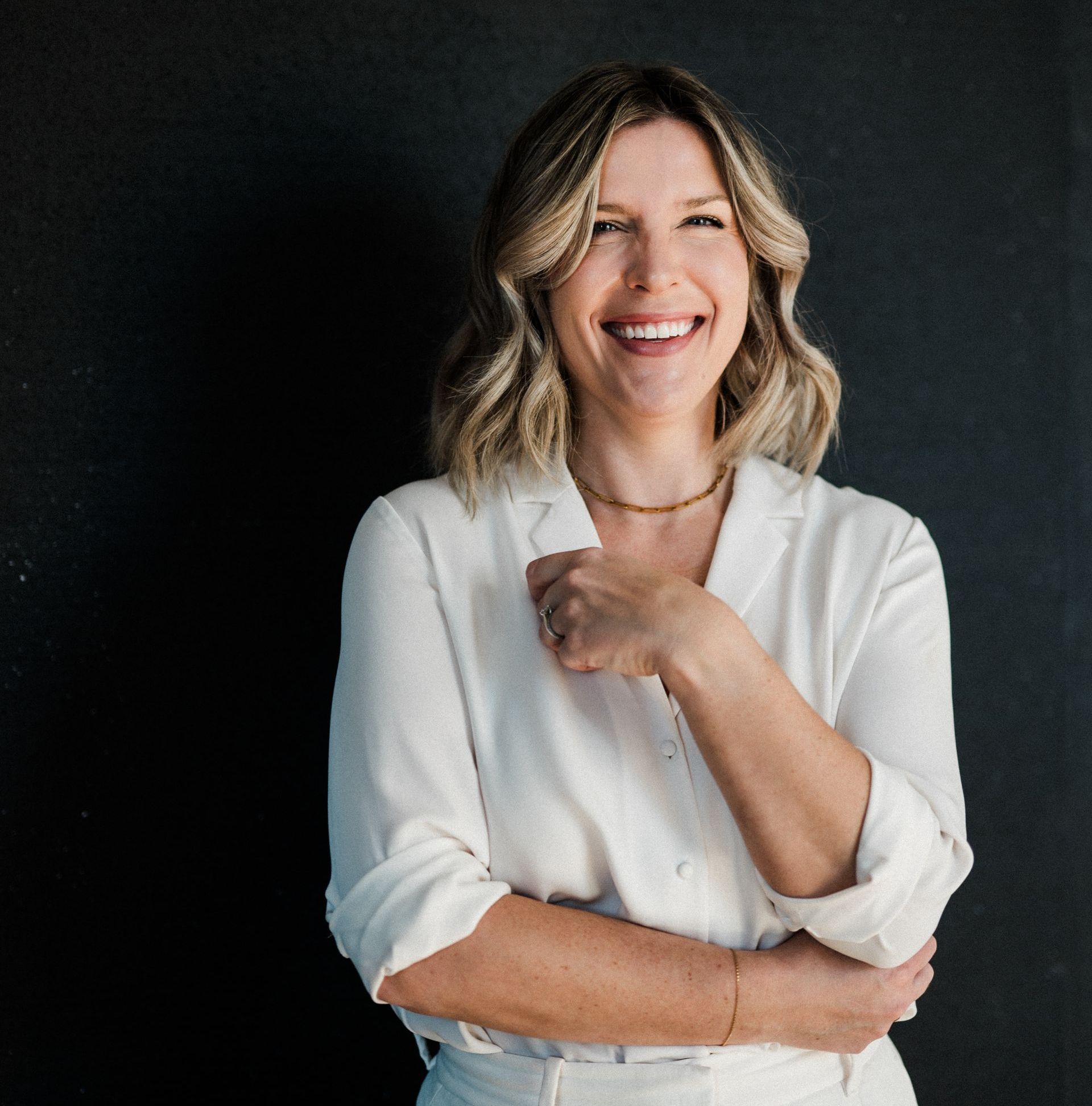Beyond Divorce: Elevate Your Future with Strategic Mortgage Choices
Embarking on the journey of separation or divorce is undoubtedly one of life's most challenging moments, both emotionally and financially. None of us enters a marriage or home purchase anticipating the need to untangle the life we've woven together. Unfortunately, for 38% of married couples in Canada, this becomes a harsh reality.
Managing finances and determining the fate of the family home during this period can be overwhelming, adding a unique set of stressors to an already difficult situation. Each individual's circumstances vary, and obtaining a mortgage after or during a divorce is influenced by numerous factors. In this discussion, I'll outline some options and considerations to help you transition smoothly, always keeping in mind that these are mortgage-centric options that should be discussed with your legal advisor to ensure alignment with your overall strategy.
To Keep or To Sell
The decision to keep or sell the home is highly individual. In most divorces, one party wishes to retain the family home. If that person qualifies to take over the mortgage, it's a straightforward process. Here are a few routes to explore:
Option 1 - Remove Ex from Mortgage and Title: If you can manage the existing debt, this is the easiest path. You can do this with your current lender or switch to a new one, with the option of adding a co-signer if needed. Note that you won't be extracting funds from the property in this option, so any financial settlements or payouts to your ex would need to come from savings or alternative sources.
Option 2 - Refinancing: This process allows a complete restructuring of the mortgage. You can adjust parameters, such as pulling out funds to settle with your ex, extending the amortization to lower payments, and changing lenders or mortgage products. Keep in mind that during refinancing, a certain equity stake (usually 20%) must be retained in the property.
Option 3 - Spousal Buy-Out: If you lack the required equity for refinancing or need to pay out more than available, a spousal buy-out lets you purchase the house from your ex. This involves starting afresh, with existing equity as your down payment and the ability to borrow up to 95% of the home's market value.
Qualifying Considerations
Several factors impact your mortgage eligibility during a divorce. A signed separation or divorce agreement is essential, outlining spousal and child support, property distribution, and any financial settlements. Keep in mind that support payments, whether received or paid, affect your debt servicing ratios. If you're receiving support, it can be considered as part of your income.
RRSP Withdrawal and First Time Home Buyer Incentive: For the first property purchased post-divorce, you qualify for the First Time Home Buyers Plan RRSP withdrawal and the First Time Home Buyers Incentive. These programs offer financial advantages and support for your transition.
Moving On: Moving on, both figuratively and physically, is undoubtedly easier said than done. Surrounding yourself with the right resources—lawyers, counselors, realtors, and a reliable mortgage broker—will set you on the path to success as you transform your house back into a home. Remember, these strategies are tailored for your unique journey and should align with your broader legal and financial considerations.





